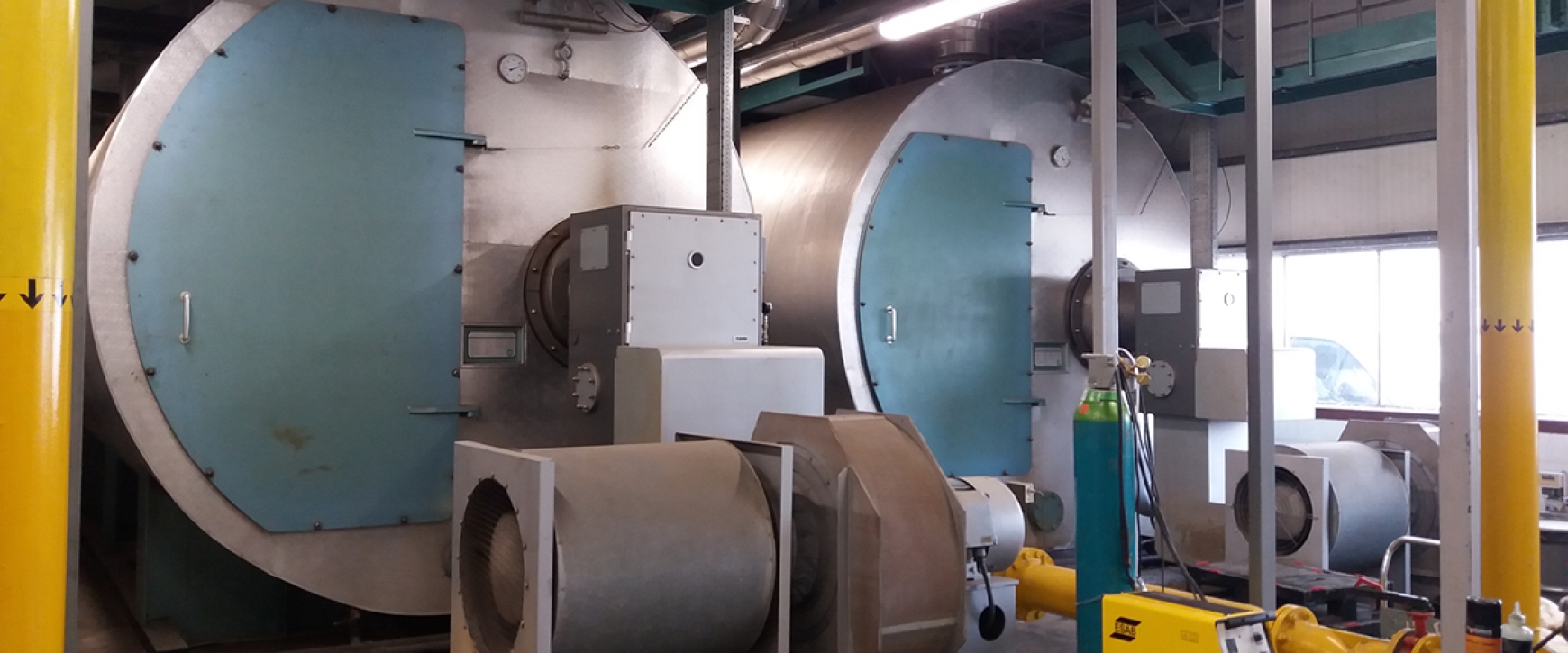In this blog I'll be answering your questions on the Medium Combustion Plant Directive (MCPD), and why farmers and growers need to act now to ensure they have an environmental permit in place.
Why do businesses need to have an environmental permit?
If they operate a medium combustion plant (MCP) without a permit when they need one, they would be breaking the law! The purpose of MCPD is to improve air quality. It is a government initiative used to monitor combined heat and power schemes and control emissions of sulphur dioxide, nitrogen oxides and dust pollutants, which is essential for reducing the potential risks to both health and the environment.
Who does this affect?
Any business that operates a combustion plant such as an engine, boiler, or turbine with over 1MWth input. This will affect many farmers and growers, especially those with Renewable Heat Incentive (RHI) accreditations as operating unpermitted, when one is required, could suspend payments.
By what date do businesses with MCPs need to have their permit?
This will depend on whether your MCP is new or existing – the difference being, if it’s been put into operation prior to 20 December 2018, then this is classed as ‘existing’, anything after this date will be classed as new.
For new MCPs, a permit must be in place from 20 December 2018 or before it’s commissioned, whichever is the latter – you can apply for one now. Existing plants over 5MWth input must have an environmental permit in place by 1 January 2024, or at least applied for, which you can do now.
For existing MCPs with a capacity of between 1 and 5MWth you have until 1 January 2029, but if you are undergoing a permit application for a new or larger existing plant, you can add these now and they will be ready for 2029 without having to do anything earlier.
How can they apply for an environmental permit?
Businesses can apply for a permit by submitting a collection of forms and supporting documents to the Environment Agency (EA). It can take at least three months for the EA to permit plants; therefore, we suggest getting in your application as soon as possible.
NFU Energy can take away the headache and submit your application on your behalf. We will also advise you on the emissions monitoring requirements for the scheme and ensure that you are conducting emission testing as required by your permit, including managing booking with MCERT-accredited testing laboratories, which will give you total peace of mind.
How do businesses ensure ongoing compliance once they've received their permit?
Once a permit has been received, it is a legal requirement to have an Environmental Management System. At NFU Energy, we offer a tailored service whereby we can create a custom EMS made bespoke to our clients’ permit should they need help creating one.
As well as applying for a permit on your behalf, we can take the hassle out of ensuring ongoing compliance by handling the emission testing procedures, checking of results against your permit, and submitting your paperwork to the EA. We also conduct annual audits on EMS documentation to ensure it is completely up to date and accurate with on-site activities and procedures, and government guidance.
We offer a variety of packages for different types of combustion plant permits. Contact us today to see how we can get you compliant without the headache of complicated jargon and piles of paperwork. Call 024 7669 6512 or email [email protected]


